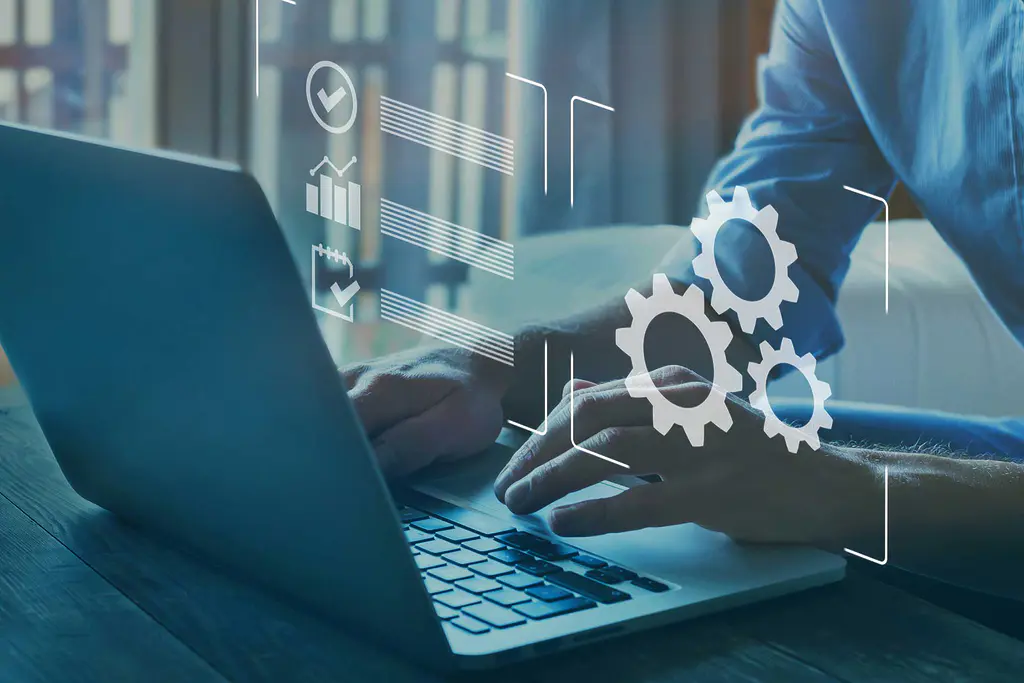
22. February 2018
Transitioning from Paper-based Invoicing to Digital Invoicing
The paper invoice may not survive the 21st century, but those who have already written it off are on the wrong track. About three of every four German companies still receive their invoices on paper. Many companies are still dragging their feet and will not switch, although they are receiving more and more digital invoices themselves, like from utilities and telecommunications providers.
Transitioning from Paper-based Invoicing to Digital Invoicing
Paper is patient, as the German saying goes, but it is also expensive. This short sentence already points to the advantages of paperless, electronic invoice processing, because electronic invoices have numerous advantages: minimal postage or archiving costs, for example. You can reduce errors and save working time through digital distribution and approval workflows, auditing, and posting.
Some 35 billion invoices were sent in Europe in 2015. The E.U. Commission estimates that companies across the E.U. could save €64.5 billion through electronic invoice management; the electronic invoices could essentially become a piggy bank.
Efficiently digitalize business processes
Can the ‘smart factory’ become reality when we only digitalize the processes in the factory? Hardly! More and more automation and digital processing is taking place as part of the digitalization of work, production, and manufacturing processes: Just take Industry 4.0 as an example.
Processes can be efficiently digitalized and automated, especially in the business sector. The advantages are particularly evident in highly standardized processes such as invoice processing, in general. The advantages of e-invoicing are not limited to material costs or aspects of environmental protection; the savings potential is particularly evident in process optimization.
A quick guide on digital invoice processing
We are well-versed in invoice management, because OPTIMAL SYSTEMS has for over 25 years developed software solutions that can find information quickly, manage it transparently, and archive it securely.
You might also like
Do you have any further questions?



